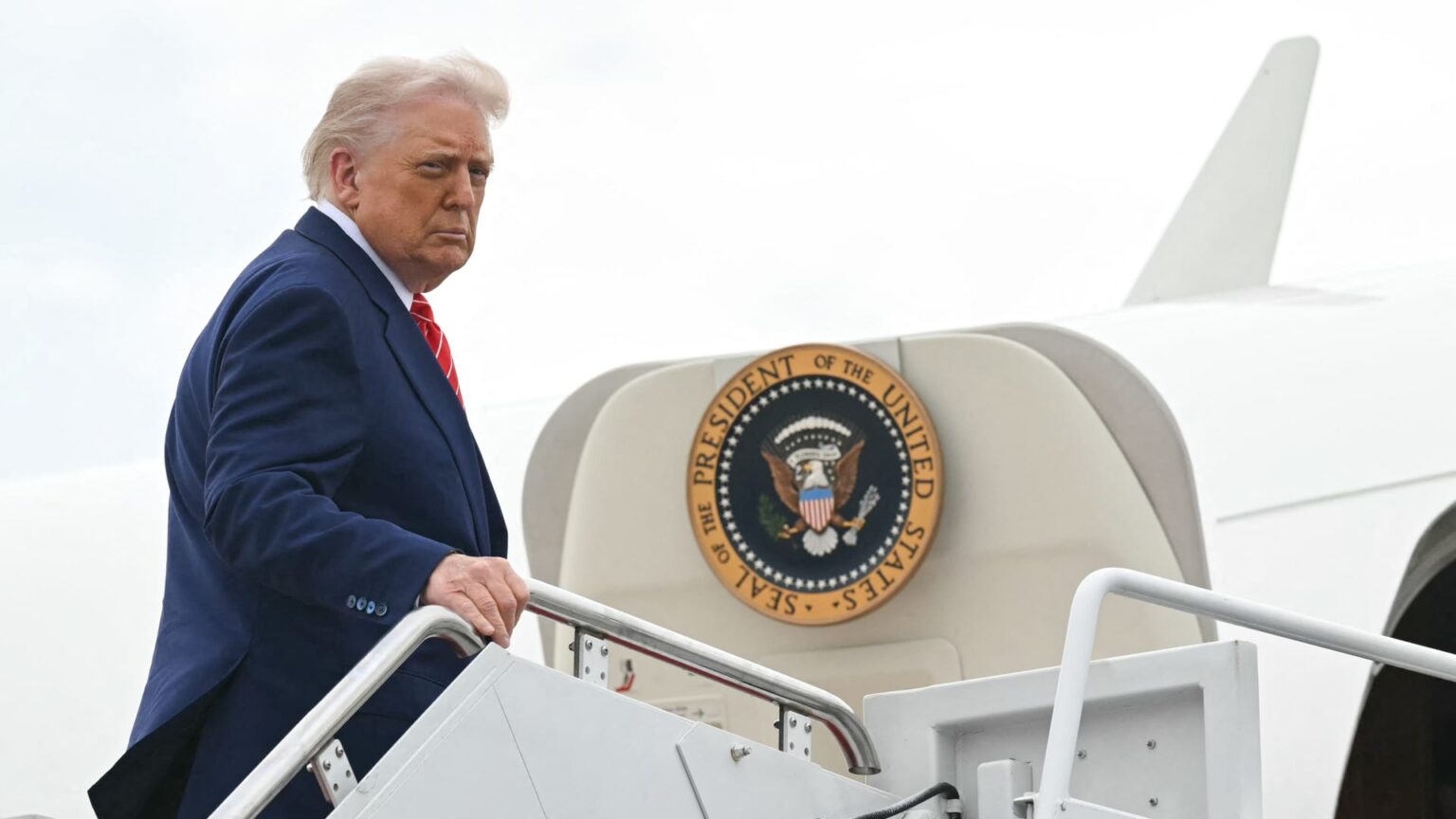Reimagining Graduation Addresses: A Reflection of Contemporary Challenges and Perspectives
As the United States enters the peak of graduation season, a tradition persists: commencement speeches delivered by prominent figures to inspire and motivate graduating students. Historically, these addresses have served as platforms for wisdom, encouragement, and national reflection. However, this year’s ceremonies are marked by a distinct shift, influenced heavily by the political climate and societal debates surrounding higher education.
The Impact of Political Tensions on Graduation Ceremonies
In recent years, the intersection of politics and academia has become increasingly pronounced. The current season is no exception, with some speeches taking on a more confrontational tone, especially in light of the ongoing conflicts between the federal government and educational institutions. The Trump administration’s efforts to influence university policies-such as withholding federal funding and imposing restrictions on international students-have cast a shadow over these celebratory events.
For instance, several commencement speakers have used their platforms to critique government actions, emphasizing the importance of free speech and academic independence. Conversely, others have chosen to focus on more universal themes, steering clear of political controversy. Notably, at West Point Military Academy, former President Donald Trump diverged from traditional speech content, making pointed remarks about the state of the military and American leadership.
Commencement Speeches as a Reflection of Democratic Values
Historically, commencement addresses have been more than just motivational talks-they have been moments of national introspection. Ralph Waldo Emerson’s 1837 speech at Harvard, titled The American Scholar, famously urged universities to serve as beacons of enlightenment, encouraging the exchange of diverse ideas and fostering intellectual growth. Such speeches have often been regarded as a form of national declaration, emphasizing the role of education in shaping democratic ideals.
In recent decades, iconic speeches-like John F. Kennedy’s 1963 address at American University, David Foster Wallace’s 2005 speech at Kenyon College, and Steve Jobs’ 2005 Stanford commencement-have left lasting impressions, inspiring generations to think critically about their roles in society. These addresses often serve as rallying cries for innovation, resilience, and civic responsibility.
The Political Climate and Its Influence on Academic Discourse
This year, the stakes are higher for universities hosting speakers who challenge political narratives. The federal government’s punitive measures-such as suspending Harvard’s ability to admit international students and terminating contracts over alleged discriminatory practices-highlight the tense environment in which these ceremonies occur. Universities are navigating a delicate balance between upholding academic freedom and responding to political pressures.
Some speakers have responded with fiery rhetoric. For example, Scott Pelley, a veteran journalist, addressed the assault on free speech and journalism during a commencement at Wake Forest University. His comments, though not directly naming Trump, underscored concerns about the erosion of independent media and academic independence. Such remarks have sparked backlash from conservative media outlets, illustrating the polarized landscape of American discourse.
Controversies and Divergent Voices at Graduation Events
Political statements at commencements have not been universally welcomed. At the University of Minnesota, Governor Tim Walz criticized the federal government, calling the president a “tyrant” and condemning Immigration and Customs Enforcement (ICE) as “Trump’s Gestapo.” The Department of Homeland Security responded with sharp criticism, citing an increase in assaults on ICE officers, though details remain undisclosed.
Meanwhile, some speakers have used their platform to advocate for social change. Actress Elizabeth Banks, speaking at the University of Pennsylvania, emphasized that the most pressing global issue is not religion, race, or skill, but economic inequality. She urged graduates to recognize the power they hold to effect change, advocating for social justice and equity.
In a more symbolic gesture, Kermit the Frog, at the University of Maryland, delivered an optimistic message about hope and perseverance, encouraging graduates to craft their own stories and believe in the possibility of a brighter future. His closing song, “Rainbow Connection,” served as a reminder that unity and dreams remain vital in uncertain times.
The Broader Significance of Graduation Addresses in a Divided Society
These speeches are more than ceremonial traditions; they are reflections of the nation’s values and struggles. As society grapples with issues like political polarization, social justice, and global challenges, commencement addresses serve as a mirror and a catalyst for dialogue. They can inspire unity or deepen divisions, depending on the message and context.
Looking ahead, the role of commencement speakers may evolve further, becoming platforms for advocacy, reconciliation, or even protest. As social media amplifies these messages, their impact extends beyond the immediate audience, shaping public discourse and influencing societal perceptions.
Conclusion: The Future of Graduation Speeches
In an era marked by political upheaval and societal change, commencement addresses are poised to remain powerful symbols of hope, challenge, and reflection. Whether addressing issues of free speech, social justice, or national identity, these speeches will continue to serve as pivotal moments for both individuals and the nation. As universities and speakers navigate this complex landscape, their words will undoubtedly influence the trajectory of American society for years to come.

